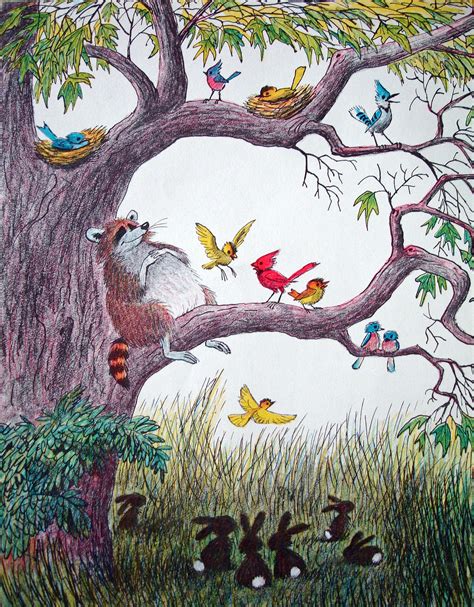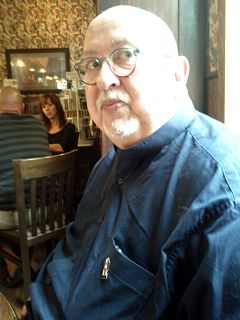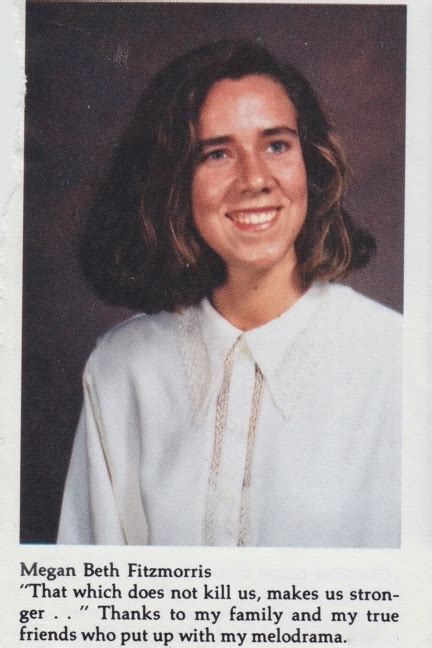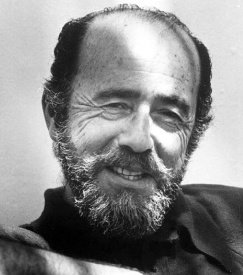A Quote by Terry Pratchett
There are some things that are more appropriate to a children's than an adult book but there's a huge overlapping area and most kids read an age group up anyway.
Related Quotes
The best way to get kids to read a book is to say: 'This book is not appropriate for your age, and it has all sorts of horrible things in it like sex and death and some really big and complicated ideas, and you're better off not touching it until you're all grown up. I'm going to put it on this shelf and leave the room for a while. Don't open it.
Along the way, about certain things, you realize, "I don't know anything about this." You think, "Is this going to sound ridiculous?" So I pestered more than a hundred different people over the course of the book. And when I finished the book I gave it to six or seven trusted readers, who are always the same, but I also gave it to a brother of mine who's a doctor and I asked him to read it, and he was very helpful. It's good to have a group of trusted readers. As my kids have grown up, they've joined this group.
I am an author-illustrator of children's books - and yet - I must confess I don't do the books for the kids. When I'm working on a book I'm somewhere else - at the circus - or a rustic old farm - or deep in a forest - with no thought of who might read the book or what age group it would appeal to. I write them so I can illustrate them.
Children make better readers than adults. They read as carefully as I write; adults read as a means of getting off to sleep. I get letters saying 'I have read your book seventeen times.' If you're an adult novelist and you get that letter, you should be afraid. You're being stalked. Kids always read them seventeen times!
Often the adult book is not for you, not yet, or will only be for you when you're ready. But sometimes you will read it anyway, and you will take from it whatever you can. Then, perhaps, you will come back to it when you're older, and you will find the book has changed because you have changed as well, and the book is wiser, or more foolish, because you are wiser or more foolish than you were as a child.
I’m sure there’s some self-help cheese-ball book about the gray area, but I’ve been having this conversation with my friends who are all about the same age and I’m saying, ‘Y’know, life doesn’t happen in black and white.’ The gray area is where you become an adult the medium temperature, the gray area, the place between black and white. That’s the place where life happens.
One of the funny things about the racism of the system, when I started 30 years ago, I'm in an area called Koreatown and most of the kids were Asian. And when the kids did well, people said, "Well, of course, they did well. They're Asians." But when we had this huge influx of Latino children from Central America, they said, "Oh, you're gonna have problems now."
Psychologically I should say that a person becomes an adult at the point when he produces more than he consumes or earns more than he spends. This may be at the age of eighteen, twenty-five, or thirty-five. Some people remain unproductive and dependent children forever and therefore intellectually and emotionally immature.
I don't change the language for children books. I don't make the language simpler. I use words that they might have to look up in the dictionary. The books are shorter, but there's just not that much difference other than that to be honest. And the funny thing is, I have adult writer friends [to whom I would say], "Would you think of writing a children's book?" and they go, "No, God, I wouldn't know how." They're quite intimidated by the concept of it. And when I say to children's books writers, would they write an adult book, they say no because they think they're too good for it.
If we are always reading aloud something that is more difficult than children can read themselves then when they come to that book later, or books like that, they will be able to read them - which is why even a fifth grade teacher, even a tenth grade teacher, should still be reading to children aloud. There is always something that is too intractable for kids to read on their own.


































